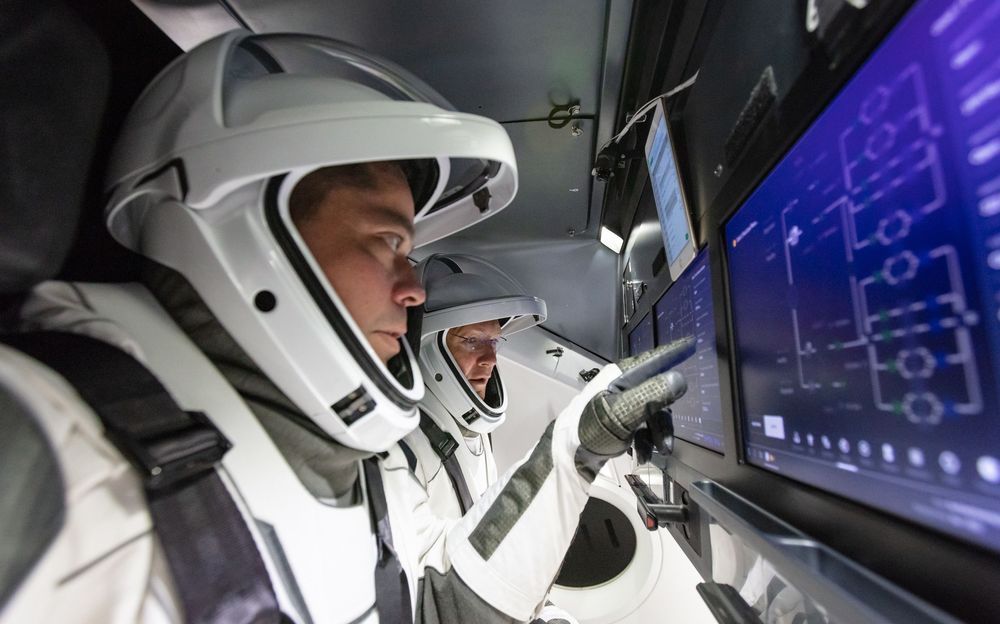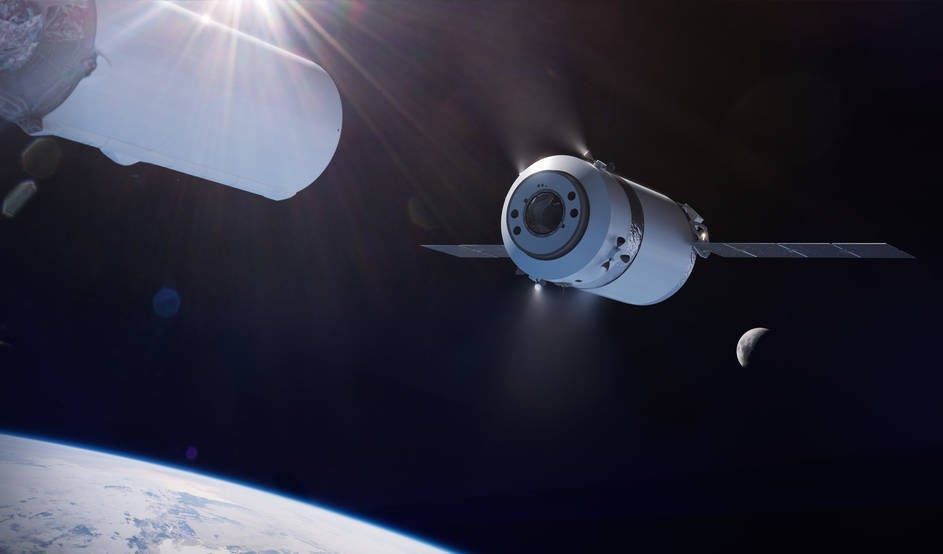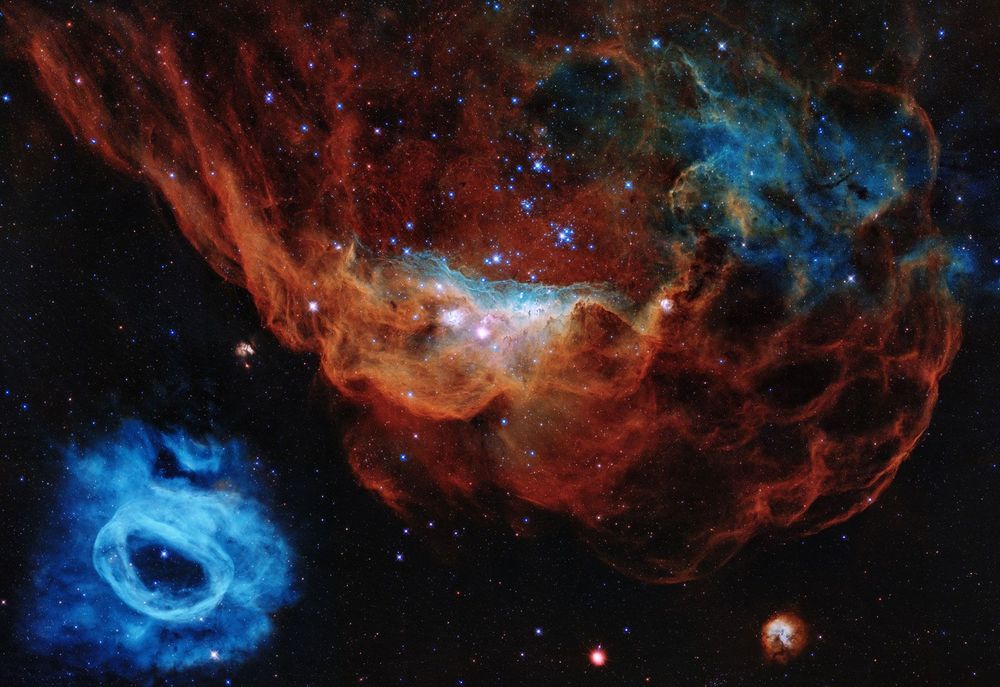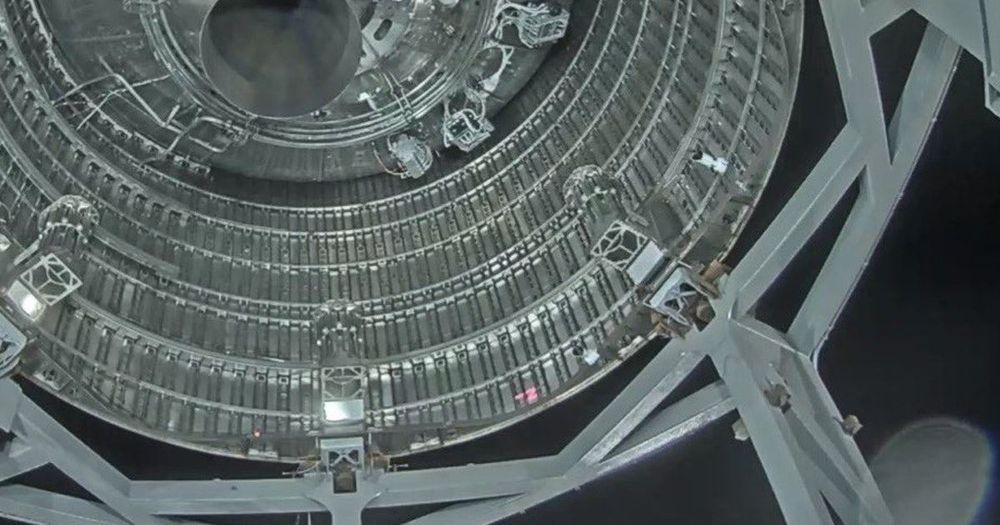Douglas Hurley, along with Bob Behnken, is about to fly to the International Space Station using a SpaceX Crew Dragon capsule.




The drone-maker won the international award for its autonomous drones which have permitted companies to operate efficiently and flexibly despite the absence of workers around the world. The award was given to Percepto by the US-based company Frost and Sullivan, a business consulting firm involved in market research and analysis, for its ‘technological leadership’ in developing unique docking stations that operate independently without the need for a human operator in close proximity.


The Hubble telescope is celebrating a milestone birthday this month, but, rather than celebrate alone, NASA and the European Space Agency (ESA) are making this celebration all about you.
On April 24, 1990, NASA launched the Hubble Space Telescope into orbit, where it has recorded some of the most stunning images of the planets and stars around us, inspiring us all to dream a little bigger.
“Hubble’s seemingly never-ending, breathtaking celestial snapshots provide a visual shorthand for its exemplary scientific achievements,” NASA and the ESA explained in a blog post about the telescope’s birthday. “Unlike any other telescope before it, Hubble has made astronomy relevant, engaging, and accessible for people of all ages. The mission has yielded to date 1.4 million observations and provided data that astronomers around the world have used to write more than 17,000 peer-reviewed scientific publications, making it one of the most prolific space observatories in history. Its rich data archive alone will fuel future astronomy research for generations to come.”


Imagine being able to know when a stock is heading up or going down in the next week and then with the remaining cash you have, you would put all of your money to invest or short that stock. After playing the stock market with the knowledge of whether or not the stock will increase or decrease in value, you might end up a millionaire!
Unfortunately, this is impossible because no one can know the future. However, we can make estimated guesses and informed forecasts based on the information we have in the present and the past regarding any stock. An estimated guess from past movements and patterns in stock price is called Technical Analysis. We can use Technical Analysis (TA)to predict a stock’s price direction, however, this is not 100% accurate. In fact, some traders criticize TA and have said that it is just as effective in predicting the future as Astrology. But there are other traders out there who swear by it and have established long successful trading careers.
In our case, the Neural Network we will be using will utilize TA to help it make informed predictions. The specific Neural Network we will implement is called a Recurrent Neural Network — LSTM. Previously we utilized an RNN to predict Bitcoin prices (see article below):

GRAND FORKS, N.D. — Many students celebrate completing their Ph.D. with a party. I, ever the space nerd, climbed into a spacesuit instead.
I spent seven years studying remotely at the University of North Dakota (UND) here, which is home to a variety of space-related facilities. I studied crews at the Inflatable Lunar/Mars Habitat — a facility where groups of three or four people live as astronauts for a week or two, including venturing outside in pressurized spacesuits.

Some big M&A is afoot in Israel in the world of smart transportation. According to multiple reports and sources that have contacted TechCrunch, chip giant Intel is in the final stages of a deal to acquire Moovit, a startup that applies AI and big data analytics to track traffic and provide transit recommendations to some 800 million people globally. The deal is expected to close in the coming days at a price believed to be in the region of $1 billion.
We have contacted Nir Erez, the founder and CEO of Moovit, as well as Intel spokespeople for a comment on the reports and will update this story as we learn more. For now, Moovit’s spokesperson has not denied the reports and what we have been told directly.
“At this time we have no comment, but if anything changes I’ll definitely let you know,” Moovit’s spokesperson.
Ladies Monday with Brittany Pettibone.
All Guest Author Posts are submitted or additional content Chronicle has added to the website. To be a Guest Author please visit our “Post Your Article” page.